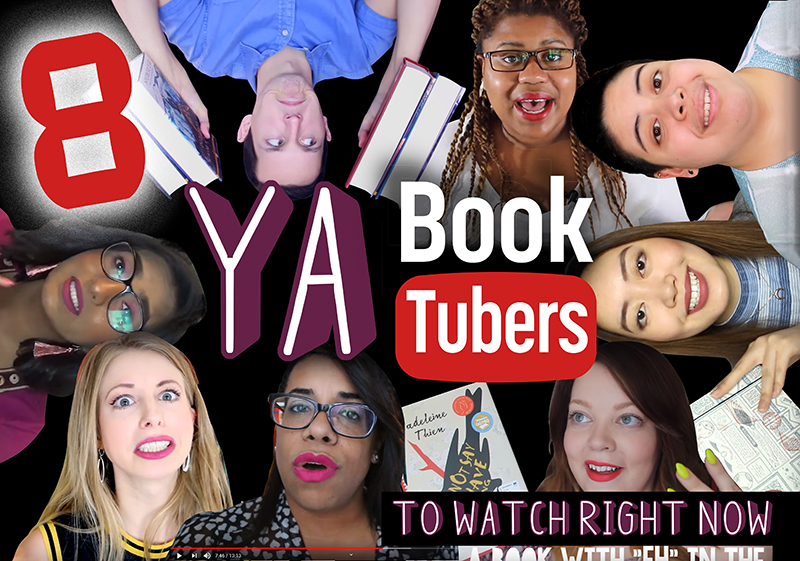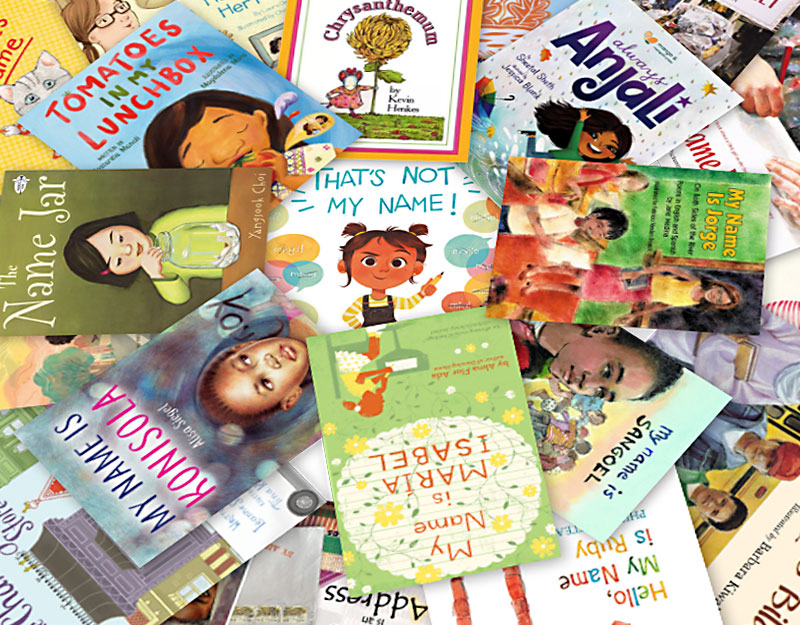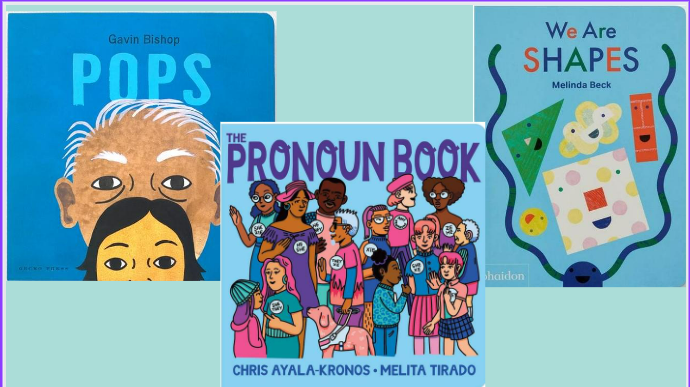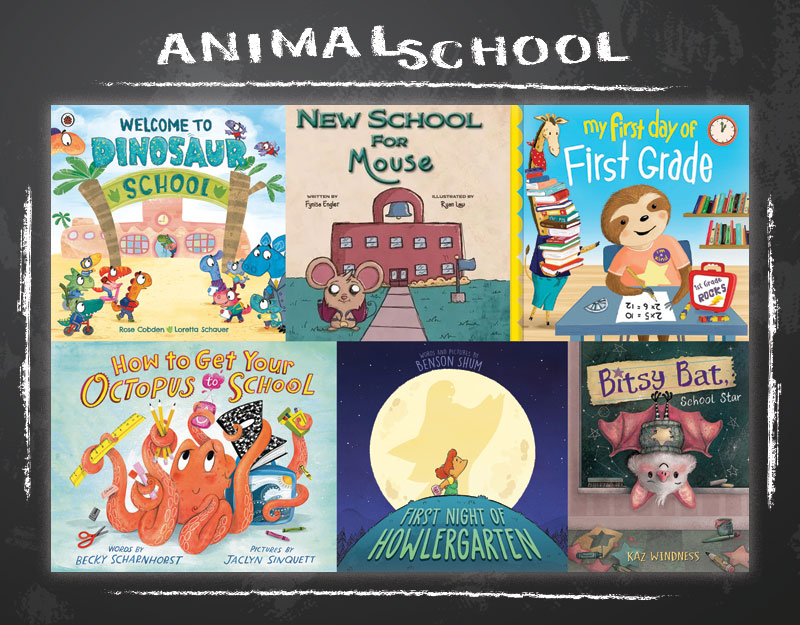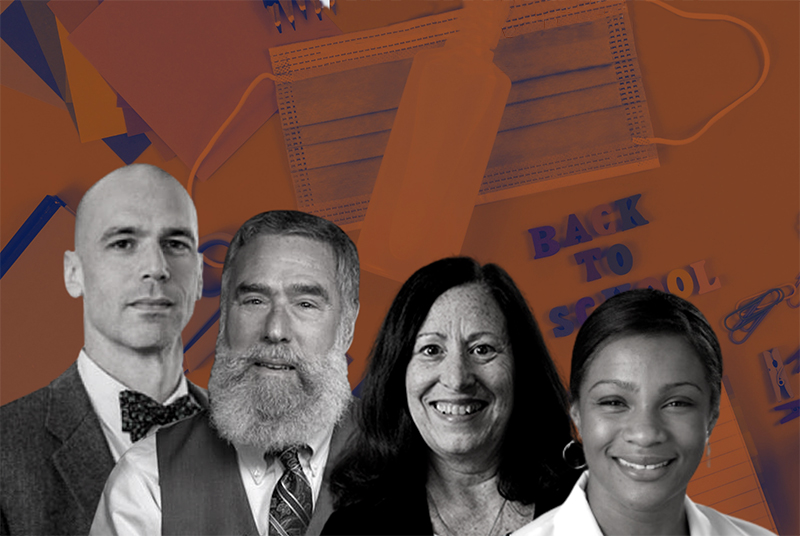The Difference Between YA and NA, a former teen now new adult reader perspective
There has been a lot of discussion recently about what, exactly, makes a YA book a YA book. YA had tremendous growth in the early 2000s and lately there is a lot of concern among teen librarians in particular about how the current YA market often reads as more adult and is being aged up. The average YA main character is often 17, leaving out younger teens. And as BookTok becomes more and more popular, more teens are reading adult fiction like Colleen Hoover, who is a writer for adults, not teens. This discussion erupted again on Twitter over the last few days as someone posted a picture of book shelves labelled Young Adult at Target with not a single actual YA book on the shelves. It sparked the age old question of what, exactly, makes a book young adult (and here, we’re using young adult and teen to mean books written for an intended teen audience and new adult or adult for people ages around age 19 and up). In this two part series I thought we would share some thoughts about this. First, below, you have the thoughts of Riley Jensen. Riley Jensen began reading YA at age 12 and is a prolific YA reader, having read literally 1,000s of YA books. She is now 20 and has started reading New Adult. In part 2, I will talk about this from a teen librarian perspective.
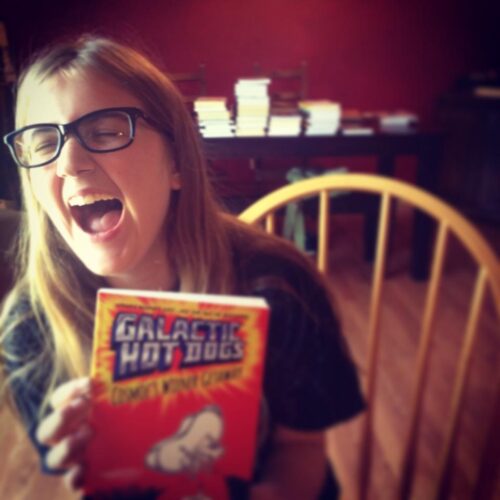
As many young adult readers make the transition to new adult books, it is easy to notice a lot of differences between the two, and more than just the mature content. Even though the new adult category is not marketed for the young adult readers, the books still end up the hands of young adults. Many people have spoken about this, saying that these young adults should maybe read books other than new adult for obvious reasons, but what is the difference between new adult and young adult?
ADVERTISEMENT
ADVERTISEMENT
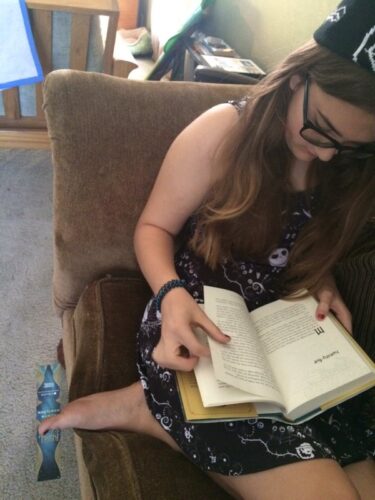
As I transitioned into college, I began to pick up more new adult books rather than my usual young adult reads. I do not really know what sparked this desire to read new adult, maybe a desire to feel like I was actually a 20-year-old now, but it happened. The first new adult book that I read was The Love Hypothesis by Ali Hazelwood. As a STEM major, it seemed like the natural choice, and it was very different from what I was used to reading.
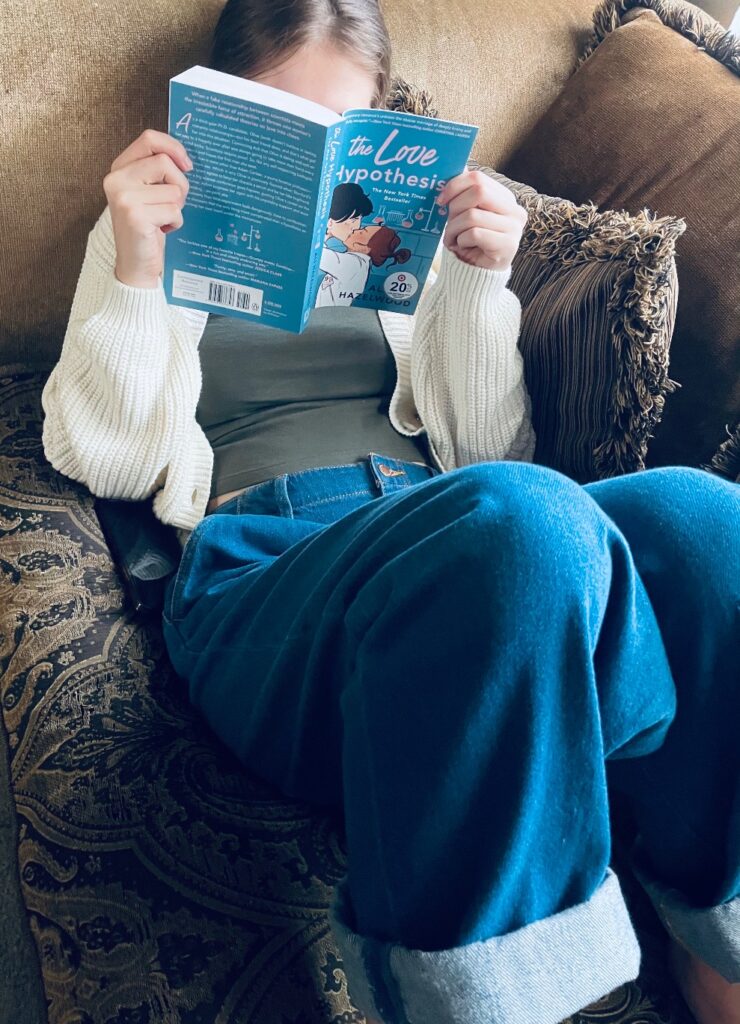
The first thing that most people will notice as a difference is, obviously, the more graphic sexual content that can sometimes be seen in new adult books. I understand that sex is not foreign to teenagers, but the kind of sex that is depicted within new adult books it somehow different. The characters in these books are often well into their twenties and have experienced multiple sexual partners. They are, hopefully, a little bit more knowledgeable about what they are doing than the teenagers that are shown having their first time in the young adult books. Also, most of the times, in young adult books there’s a lot of fading to black, so we know they’re doing something, but we don’t know. Aside from just the sexual stuff, there’s a lot of stuff that teenagers don’t know.
When I was in high school, there was no way that I would have known what was being talked about in a lot of these new adult books. These books tackle a lot of issues that teenagers just haven’t dealt with yet, like being a homeowner or having to deal with workplace harassment. I still, as a new adult reader, do not always know what these books really mean when they talk about some things.
It’s not saying that teenagers should not pick up a new adult book, every person has their curiosities; however, it may be more beneficial for them to read books that are more closely related to things that they may actually deal with in their everyday life. It was comforting for me to read books with people who were in my own age group so I could see people who were struggling with their sexuality or having issues with depression in high school. Books serve as a way for us to learn about experiences, but they are also there to help us grow as we go through struggles.
Honestly, if I had read The Love Hypothesis or Love on the Brain by Ali Hazelwood in high school, I would have probably been really confused as to wait was going on, so it’s probably best that I started with people like A.S. King and others. Everyone can read what they want, but I feel like, for me, it works best to read books that I can connect with personally.
For more information:
A Brief History of YA Literature, an Infographic (teenlibrariantoolbox.com)
Filed under: New Adult, Uncategorized, Young Adult, Young Adult Fiction, Young Adult Literature
About Riley Jensen
Riley Jensen is a college student studying forensic chemistry. She likes to read books about murder and friendship because those go together really well.
ADVERTISEMENT
ADVERTISEMENT
SLJ Blog Network
Name That LEGO Book Cover! (#53)
Cover Reveal and Q&A: The One and Only Googoosh with Azadeh Westergaard
K is in Trouble | Review
Fighting Public School Book Bans with the Civil Rights Act
ADVERTISEMENT



